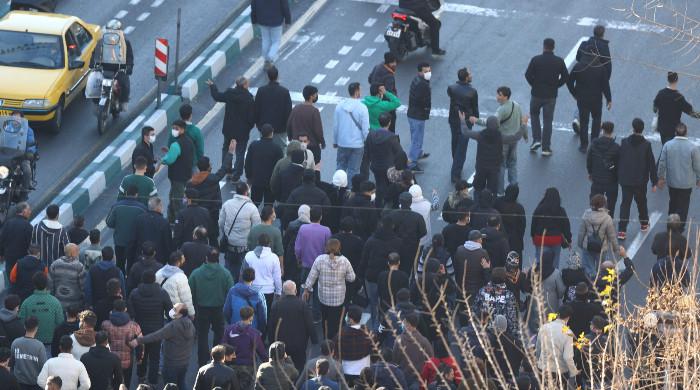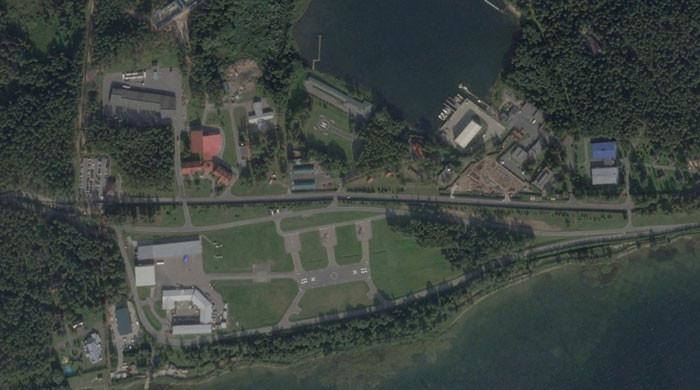Afghan refugees and their repatriation
There are 13,47,367 registered Afghan refugees in Pakistan, KP hosts the highest number of them i.e. 58.4 per cent
March 30, 2017
Almost four decades ago, war flames engulfed Afghanistan and millions of Afghans were forced to leave their homeland. In that need of time, Pakistan, which was already facing difficulties, welcomed millions of Afghan refugees in its own rich style of hospitality, after the Soviet invasion.
History has witnessed, Afghans have never bowed down to the imperialist powers. They have always stood against the ones trying to usurp their rights in a coup and sooner or later forced their enemy to retreat.
The same happened in 1979 when Russian forces invaded Afghanistan. The Afghan people resisted the powerful enemy, yet they were unaware of the disastrous effects of the war: While thousands were killed, millions of Afghans were displaced and forced to migrate.
At such a time, it was Pakistan that opened its arms for more than four million Afghans, which is said to be the modern history's greatest migration. Not only that Pakistan admitted these refugees, but it alsi tried to heal their wounds, physically and spiritually.
The Afghans have always considered Pakistan's tribal belt as their own area along with people living there. This has also been reciprocated by the Pakistani tribesmen who have always respected the Afghans like their own people and treated them with hospitality.
But over the time and with little improvement in Afghanistan's situation, a large number of refugees have started to return to their homeland.
Ghazanfar Ali Agha, Commissioner for Afghan Refugees, while speaking to Geo.tv said, "Pakistan announced a visa policy for Afghan refugees in February 2017, following a cabinet meeting. These refugees can now apply for a visa if they want to reside in Pakistan".
He further stated that "Pakistan has always been kind regarding repatriation of these Afghan nationals. We never forced anyone nor will we ever".
"They (Afghan) are returning out of their own wish. Though the border between the two countries was closed for a few days, it has now opened and refugees who want to go back to their homeland will be allowed by April 1," Agha said.
There are 13,47,367 registered Afghan refugees living in Pakistan. Pakistan’s Khyber Pakhtunkhuwa province has the highest number of these refugees - 58.4 percent – while Azad Kashmir hosts the lowest 0.3 percent of them.
Karachi is among the top cities where a majority of Afghans are registered. They are numbered 64,465.
According to the Pakistan government, Afghan migrants who have Proof of Registration (POR) cards can stay in Pakistan until December 31, 2017, under the new notification.
The Commissioner for Afghan Refugees Ghazanfar Ali Agha said, "Afghan Refugees can apply for visas in four different sectors ranging from education to skilled labour to inter-marriages. Before 31st December 2017 people who will apply for a visa will have to surrender their POR cards".
Government sources say that more or less 15 million non-registered Afghan refugees are living in Pakistan. According to International Organisation for Migration, more than four million refugees have returned to their homeland in 2016.
The journey of the Afghan refugees in Pakistan covers nearly four decades, however, a guest has to go back to his home one day.
About all these years of hospitality, the refugees say that they will always remember the good memories of their time in Pakistan.









